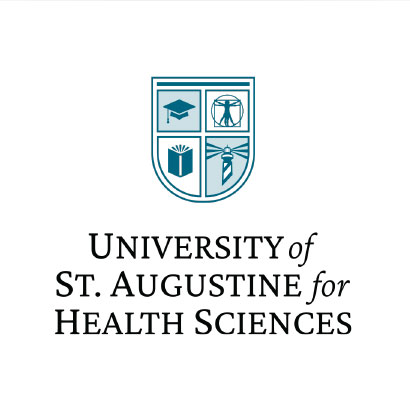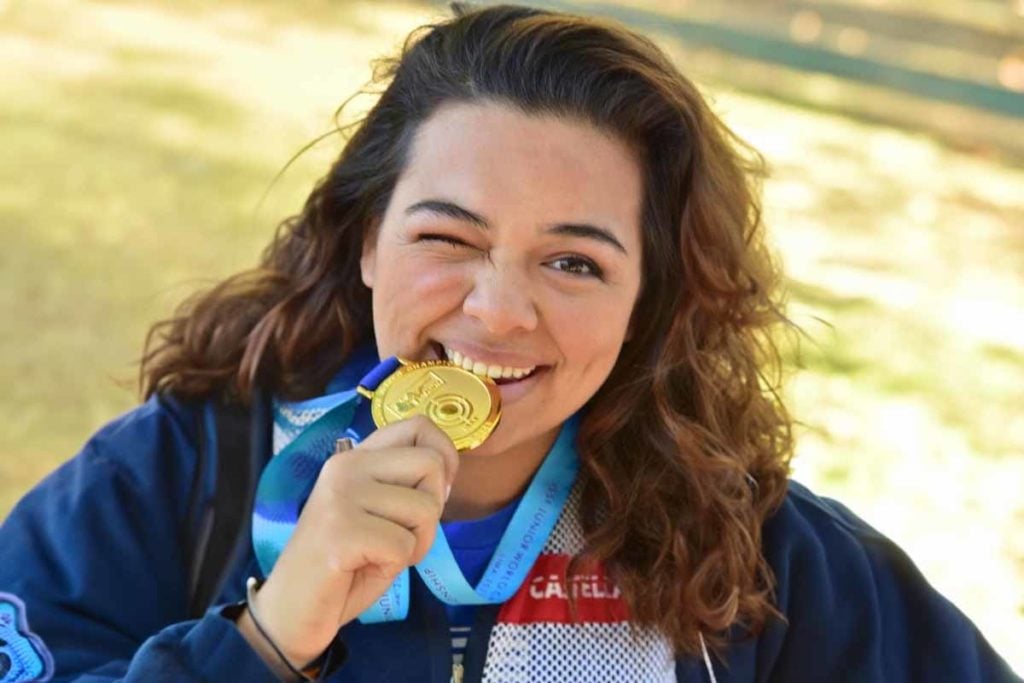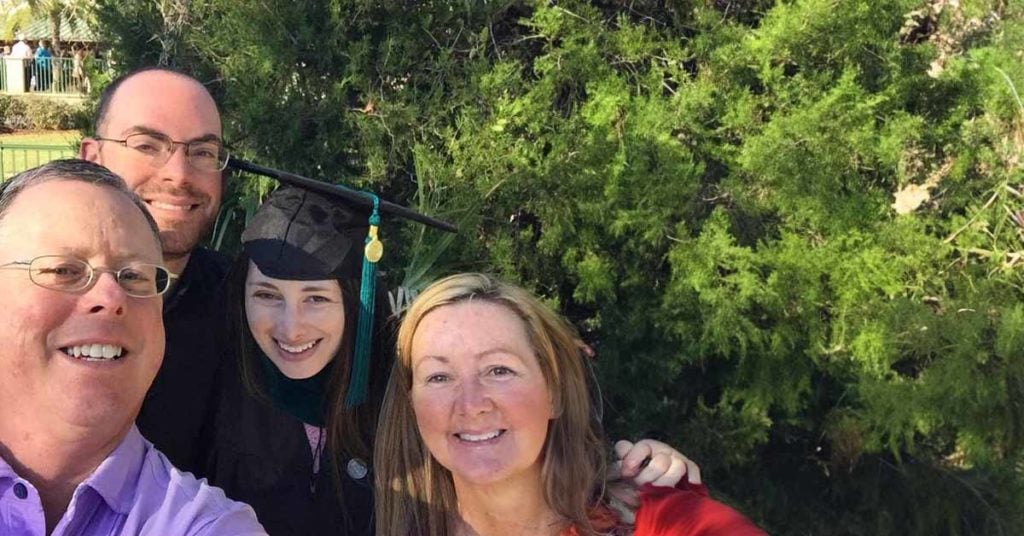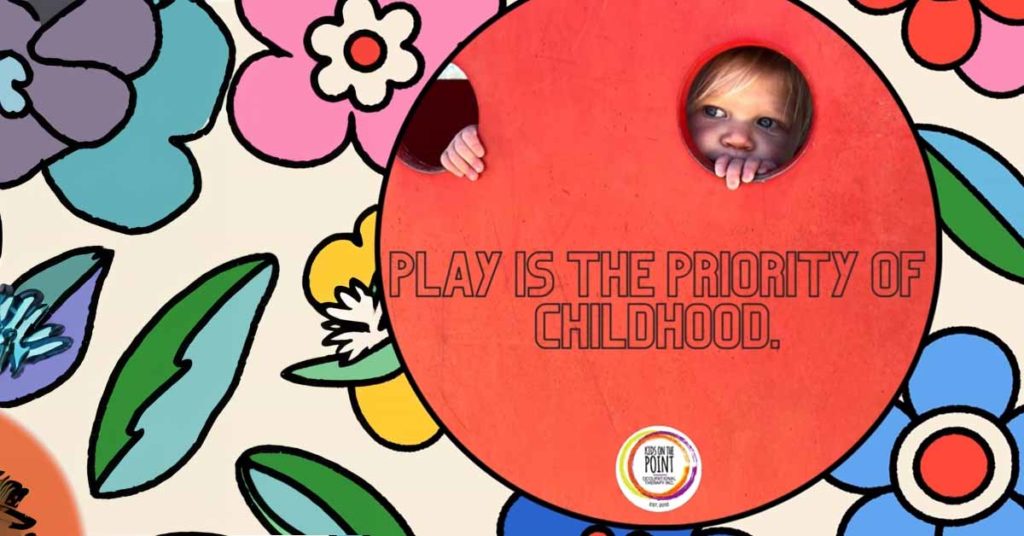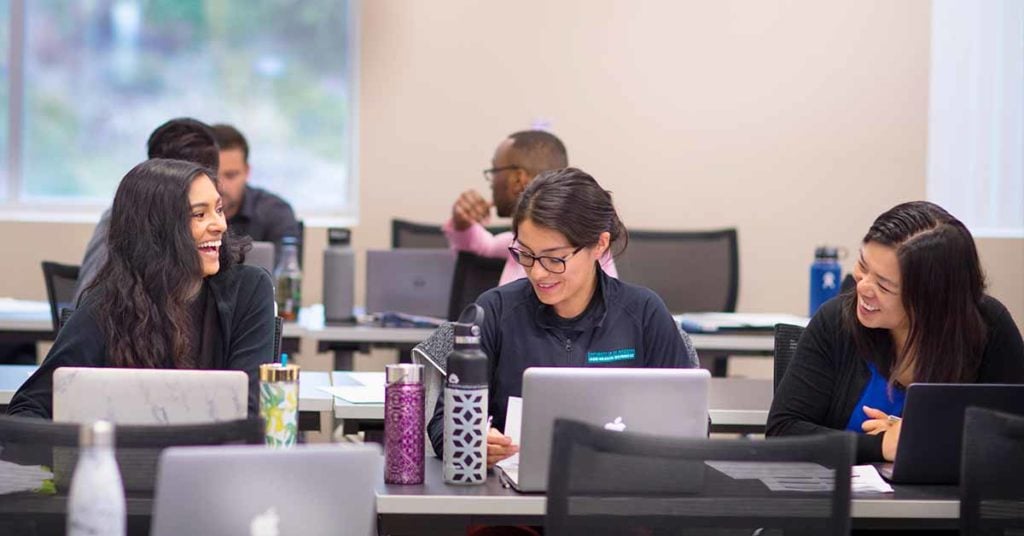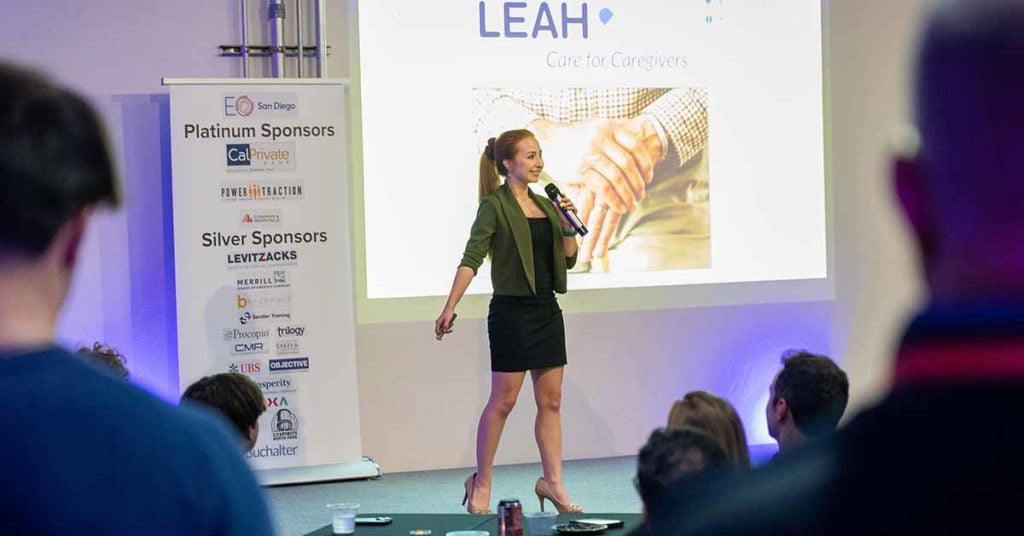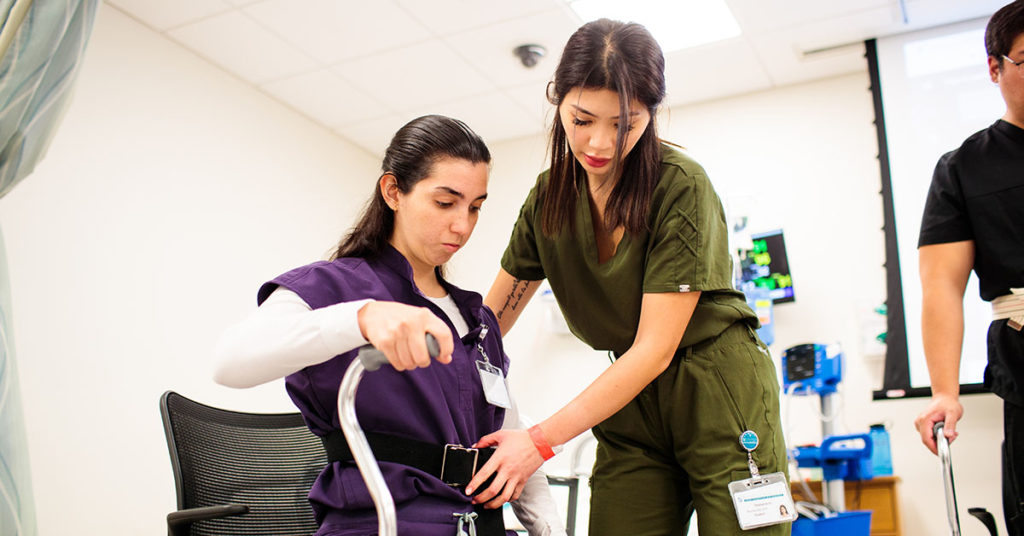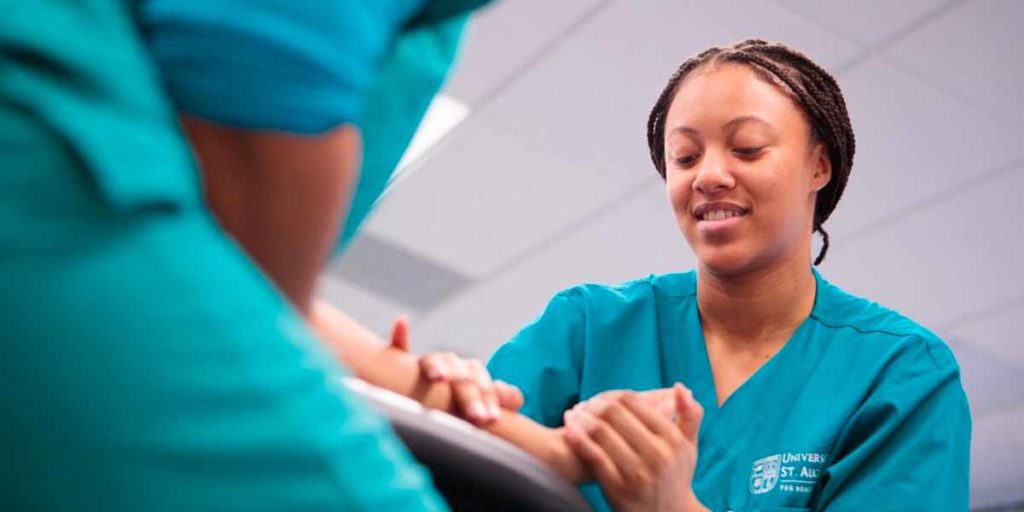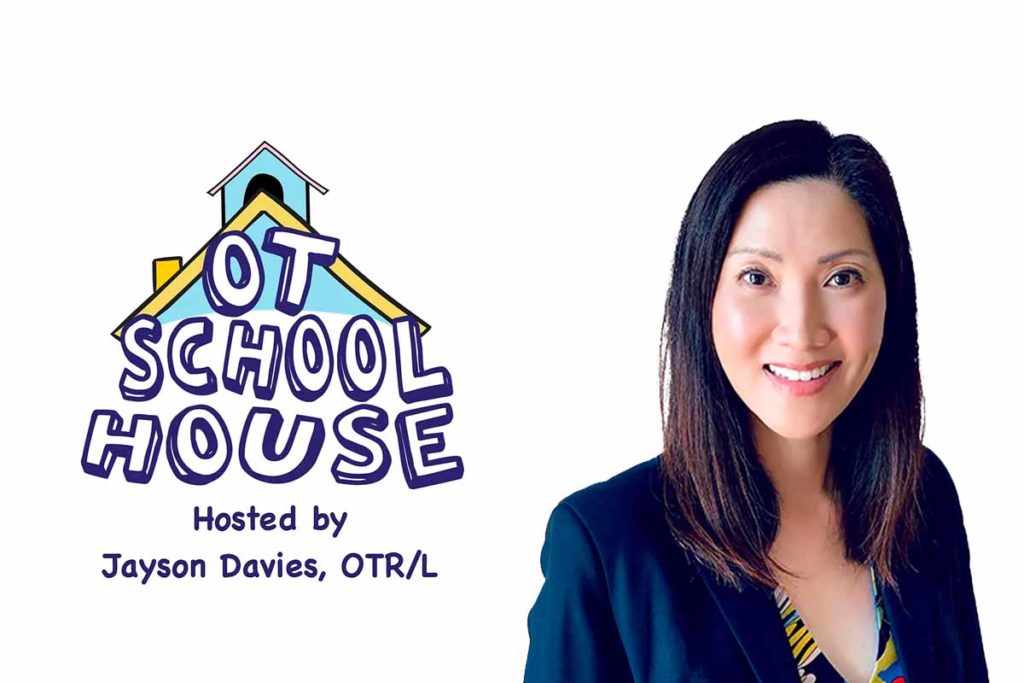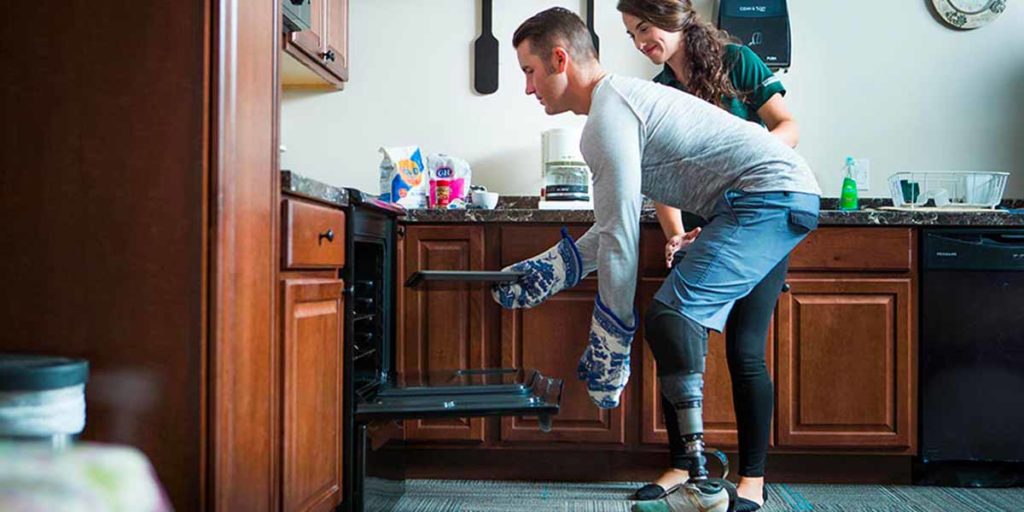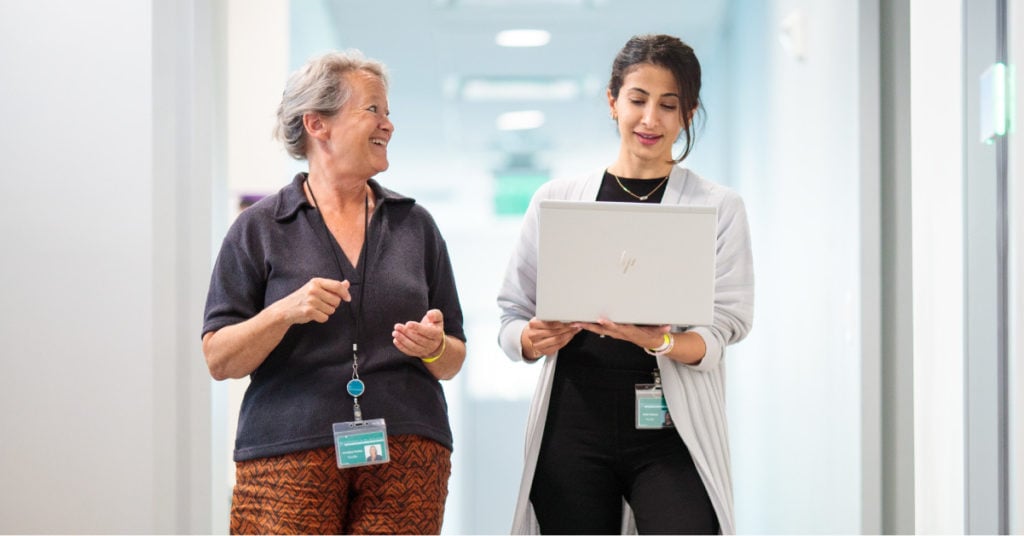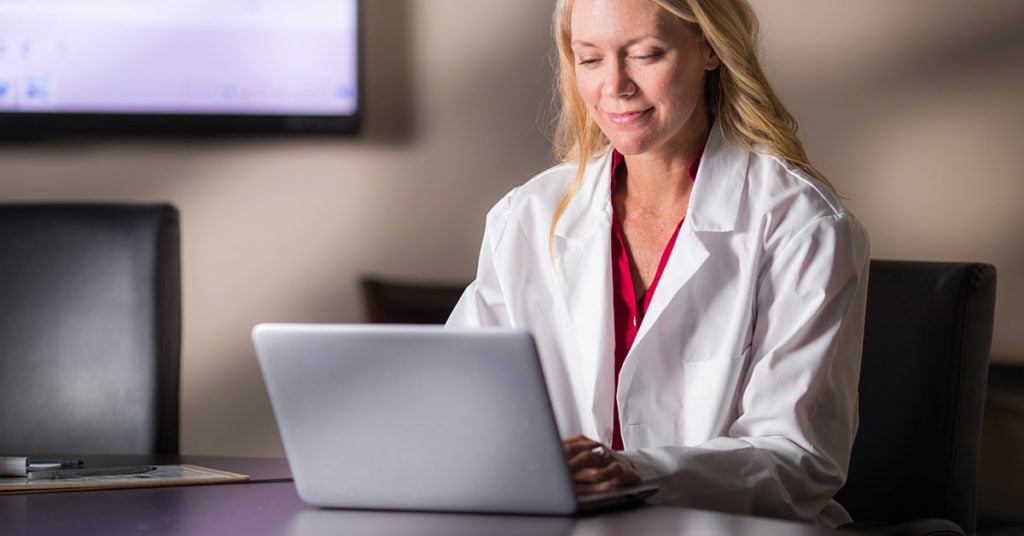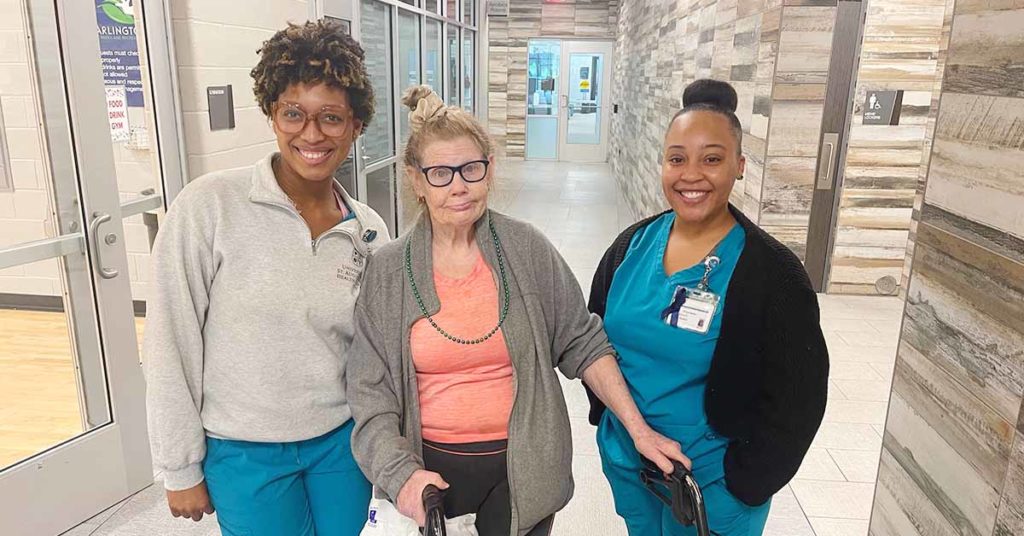

Emboldening Aging Adults: The Collaborative Work of OT and PT Assistant Professors
In a world where aging is often associated with decline, Kaelee Brockway, PT, DPT, EdD, and Keegan McKay, OTD, MOT, OTR, are inspired to challenge these ideas and invest in older adults. Their joint efforts with local community organizations and dedication to engaging students in the process are reshaping the future for seniors. Breaking barriers
